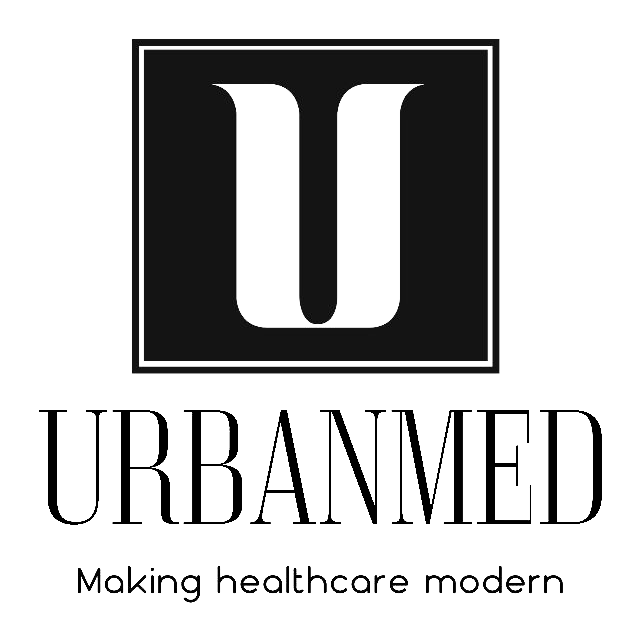Revenue cycle management is more than just a fancy buzzword in the healthcare industry, in fact many have deemed it the financial heartbeat of their organizations.
What is Revenue Cycle Management?
In simple terms, revenue cycle management is the process by which healthcare organizations manage billing procedures and collect revenue for the medical services that they are providing to you.
This cycle starts when a patient books an appointment at a healthcare practice and ends when the billing process is completed.
Apart from the billing process, management of medical insurance claims and contract adjustments are also part of the process.
Revenue Cycle Management in Healthcare
The healthcare sector mainly utilizes revenue cycle management as it helps streamline their financial operations and ensures that they receive timely and complete payments for their services.
The Ultimate Guide to RCM

The RCM process might sound complicated, but it’s actually quite simple!
After a patient schedules an appointment with you, our associates check their eligibility and benefits, following which the services they require are identified. The appropriate medical codes are assigned and used to file for an insurance claim.
These claims are processed by the insurance company and any adjustments are made through communication between the insurance company and healthcare provider.
Once that’s all done with, the payments are finally posted, reconciled and any claim denials are also dealt with.
Although the main steps of the process remain the same, this process can be utilized in different ways depending on the type of healthcare practice you’re running.
From Hospitals to Clinics: RCM’s Essential Role
Both public and private hospitals make use of RCM to manage their complex billing procedures related to inpatient and outpatient services, surgeries, emergency care, etc.
However, this process isn’t limited to larger practices, as clinics and physician practices, dental practices, and specialty care providers (oncologists, cardiologists orthopedics, etc.) also use this management procedure to manage patients appointments, billing, diagnostics tests, and treatments.
Other places in the healthcare sector making use of RCM include ambulatory surgical centers, hospice services, behavioral healthcare facilities, pharmacies, laboratories and diagnostic centers and even telemedicine providers.
Now, if you’re wondering why healthcare billing can’t be as simple as a cashier taking money at a store, it’s because of the added insurance regulations, medical codes, and patient financial responsibilities.
RCM, a simplified process, makes this much easier- especially with the help of a virtual medical assistant.
Benefits of RCM- Your Financial Lifeline
Adios Payment Delays
You can make your practice a lot more efficient by adopting the RCM system as it ensures prompt reimbursement from insurers and patients by streamlining the claims process ensuring that the entire process is timely carried out.
Any annoying delays in payments that usually make this process unnecessarily long for your patients are avoided.
Maximize Your Revenue the RCM Way
One of the biggest benefits of RCM is that it aims to increase a practice’s revenue and reduce costs which hugely improves the profit margins.
RCM optimizes billing by pointing out and capturing all billable procedures and services thus improving revenue.
With more accurate claim handling, you can also reduce any glitches in claims leading to a higher rate of approval on the first submission of claims which further prevents any revenue loss.
Grow Your Practice with Minimal Risk
A huge advantage of adopting these better management practices is that it also gives you a chance to predict the expected revenue which can help in budgeting and financial planning.
You can use data analytics to keep a check on your financial performance and make informed decisions about your future investments!
Essentially, with RCM you gain financial sustainability which further enables you to expand your services and upgrade the technology at your practice.
Happy Patients = Successful Practice!
Having an efficient billing system not only makes your life easier but also increases the customer service experience for your patients.
It makes patients’ billing and payment processes simple and efficient, increasing payment rates.
Implementing payment plans in place ensures patient satisfaction by providing them with simple and flexible payment options.
Stay on the Right Side of the Law
Revenue cycle management ensures that all of your billing practices comply with rules and regulations, thus avoiding any troublesome penalties.
Another huge advantage is that it keeps all of the patients’ and financial records in order which keeps your practice prepared for any potential audits.
Ready to Adopt RCM? Get Our Medical Associate On Board!
We admit that this process can seem overwhelming at first, but that’s where our medical associates come in!
Let them handle the financial mumbo jumbo for you and see an immense improvement in cash flow, revenue, and patient satisfaction, which makes your practice sustainable in the long run.

